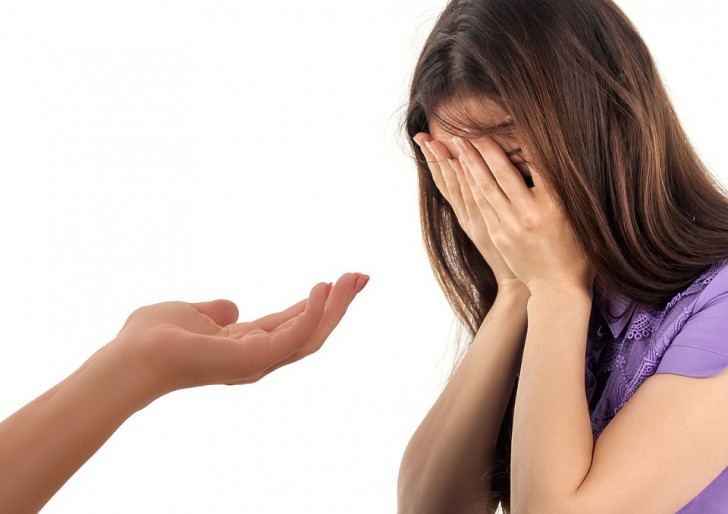"Smiling depression" is a disorder that too often we are not able to recognize

Among the major preconceptions linked to mental disorders, and more specifically with regard to depression, is to imagine those suffering from it confined to bed, locked inside the walls of their own homes, and prey to their extremely negative thoughts and actions.
Yet, according to the most modern studies of psychology, it is not like that at all, and it is only a preconceived idea that we should all dismiss immediately.
Not everyone experiences depression in the same way and with the same symptoms.
NB: The advice we give you can NEVER replace the opinion of a doctor or the psychotherapeutic treatments that a doctor can prescribe you for a specific pathology. The article below is for informational and illustrative purposes only.
via The Independent

According to recent studies carried out by the National Institute of Mental Health, around 10% of the population of the United States suffers from depression, a statistic much larger than that concerning people who manifest symptoms of schizophrenia and bipolar disorder.
But contemporary psychology warns: one can suffer from depression even if, apparently, one leads a normal life, devoid of any particular warning signs.
This could be one of the cases of what the most recent studies in the sector are calling the, "smiling depression", or rather the psychological pathology according to which the sufferer must and wants to appear happy for others, literally always smiling, while internally suffering from depressive symptoms.
In fact, "smiling depression" is often not obvious and remains undetected because those who suffer from it always try to ignore their feelings and set them aside for fear of being considered "weak" by the people around them.

The most obvious sign of "smiling depression" is that of sadness, and the consequence is the implementation of a defense mechanism against one's true feelings about one's life that are progressively being fought with the use of smiling as an exterior facade.
Among the symptoms that can be detected through counseling and psychotherapy sessions, there are also fear, anger, fatigue, severe irritability, low self-esteem, sometimes insomnia, but above all suicidal thoughts.
Those who suffer from depression, at least the more traditional type, very often do not have the inner energy to implement their most dangerous thoughts, while patients with smiling depression instead have the strength to plan and methodically follow their own will and decisions.
If the activities of psychological counseling and psychotherapy are the most traditional ways to alleviate this disorder, then very often it is important for those who suffer to be able to open up with relatives and close friends and regain confidence in themselves.
As a matter of fact, the sharing of one's thoughts, even if negative, could be one of the first steps towards a greater awareness of one's own state of mind, about which one should never be ashamed to speak.
Source:
- https://www.independent.co.uk/voices/mental-health-smiling-depression-atypical-happiness-suicide-cambridge
- https://www.nimh.nih.gov/health/topics/depression





